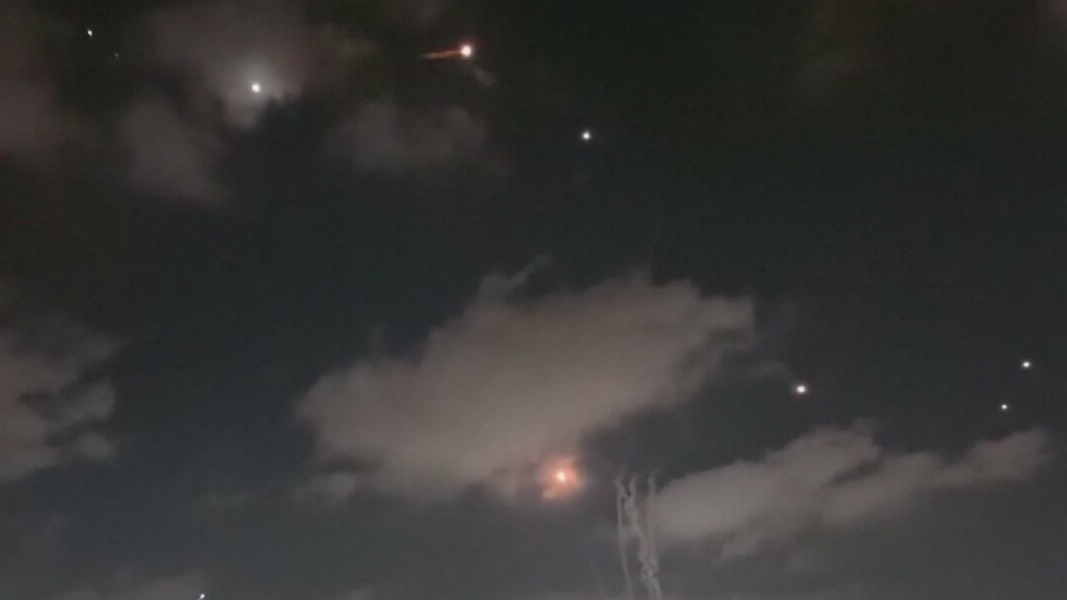Political professors, leaders weigh in on U.S. in Iran and what could come next
TAMPA, Fla. - The United States launched strikes on potential nuclear sites in Iran over the weekend, drawing sharp global attention and online speculation about the possibility of World War III.
What we know:
The situation has since de-escalated, with a ceasefire announcement Monday. Experts say Iran appears to be avoiding further escalation, at least for now.
Hours before the ceasefire agreement, Iran launched a missile at a U.S. air base in Qatar. Middle East analysts believe it was a calculated move: just enough to "save face," but not enough to provoke a full-blown war.
What they're saying:
Dr. Eric Lob, an international relations professor at Florida International University, said the situation is "very complicated" and understandably confusing to the public.
"We were wondering whether it was going to be a large-scale response that might risk further escalating the situation, or whether it would be a more limited symbolic response. Fortunately, the Iranians chose the latter," Lob said.
Dr. Rob Rabil, a U.S.-Arab relations expert from Florida Atlantic University, warned about potential domestic consequences.
"I worry about Iran kidnapping Americans or attacking soft targets… but mainly here in the homeland, we are safe," he said.
Florida State Rep. Anna Eskamani, the daughter of Iranian immigrants, said she’s concerned about ripple effects within the U.S., including Islamophobia and domestic radicalization.
"I’m always concerned about the ripple effect in our communities, whether it’s an emphasis on supporting the Iranian government and being violence or the opposite, where folks are Islamophobic," she said.
The other side:
While there are some concerns, Dr. Rabil believes it was a good move by the President.
"From my perspective, it was a necessary move," he added. "Look at what the regime has done, carried out attacks after attacks after attacks."
What we don't know:
There is no way to tell yet what nuclear capabilities Iran had or what was destroyed.
Homeland Security Secretary Kristi Noem said her department is staying vigilant, evaluating every single threat and proactively going after each threat before measures are taken.
The Source: This story is based on interviews with Florida-based political analysts and elected officials, including experts in U.S.-Iran relations and Middle Eastern politics.


